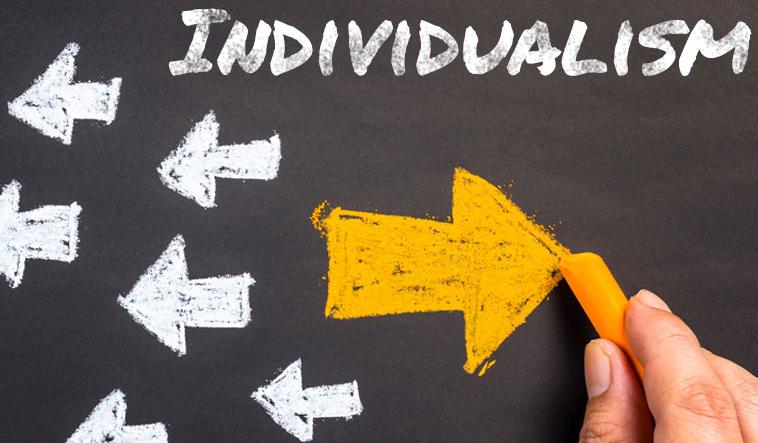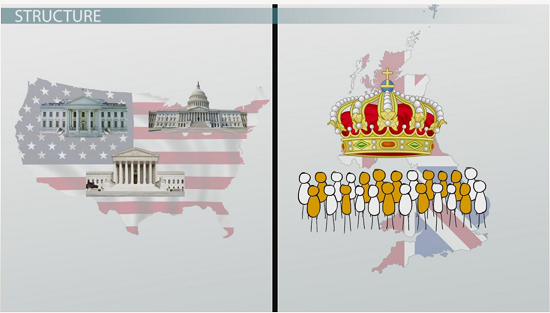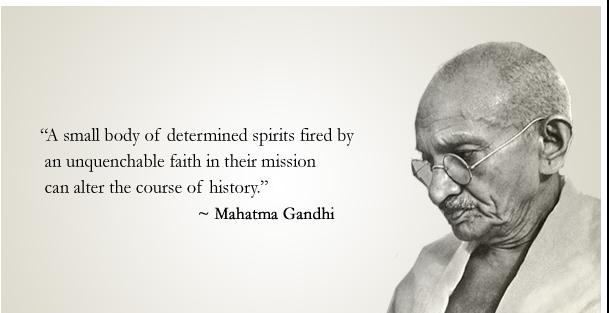Updated By: LatestGKGS Desk
Individualism: Definition, History, Ideology, Philosophical Concept, Importance

Individualism is a political and social philosophy that emphasizes the moral value of a person. Although the concept of an individual may seem straightforward, there are several ways to understand it, both in theory and in practice. Since the 19th century, the term individualism itself dates—like socialism and other isms.
Individualism is the moral stance, ideology, political philosophy or social outlook that emphasizes "the moral value of the individual". Individualists promote the practice of one's goals and desires and so value independence and self- reliance while opposing most external interference upon one's own interests, whether by family, society or any other group or institution.
Individualism makes the individual its focus and so begins "with the fundamental basis that the human individual is of primary importance in the fight for liberation". Classical liberalism ( including libertarianism), existentialism and anarchism ( especially individualistic anarchism) are examples of movements that take the human individual as a central unit of analysis.
Individuality once displayed interesting national differences, but since its various meanings have merged extensively.


